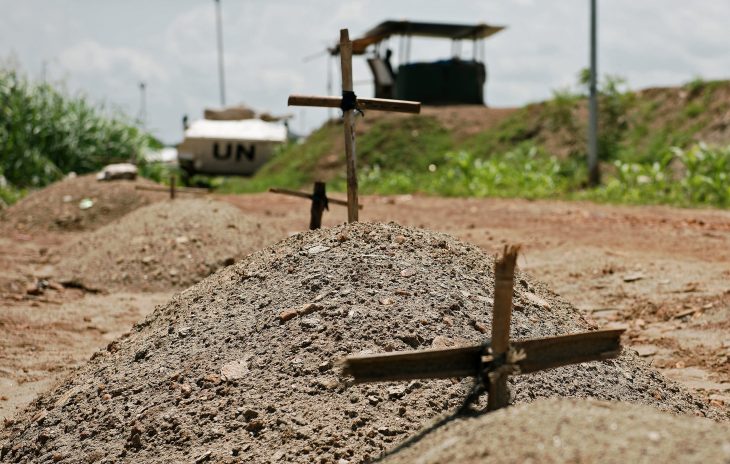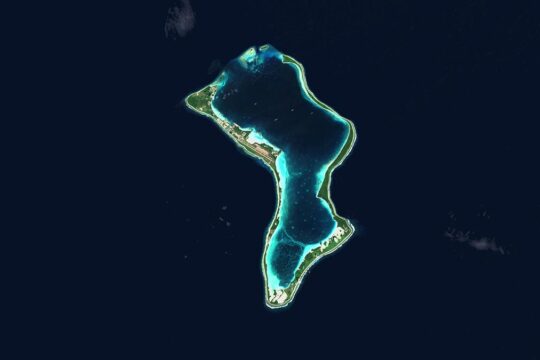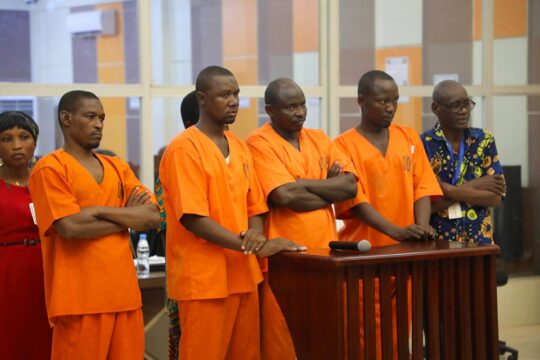This week provided some notable developments in transitional justice, despite judicial and other vacations.
Allegations of widespread human rights abuses in South Sudan are not new, and the presence of a 12,000-strong UN mission in the country has seemed relatively powerless to prevent them. On Thursday the UN High Commissioner for Human Rights accused government soldiers of serious abuses against civilians, including gang rapes and extrajudicial executions, allegations which were immediately questioned by the government. News reports that the government now accepts the idea of an additional African Union peacekeeping force may provide some sign of hope in this war-torn country, where fighting broke out again at the beginning of July and a peace deal seems close to collapse. In an interview to be published on JusticeInfo this coming week, an expert from the US-based Enough project welcomes this development, but says lasting peace in South Sudan will be impossible without deep-seated institutional reform.
In the Central African Republic (CAR) Jean-Francis Bozizé, son of former president François Bozizé whose ouster in 2013 plunged the country into civil war, was arrested on Friday on an international arrest warrant from national authorities. According to news reports, he is accused of torture, embezzling public funds, complicity in murder and associating with criminals. He reportedly handed himself over to the UN mission in the country as he returned from Nairobi and is now in the hands of authorities in CAR, where he will appear before a judge in coming days. In a country where the judicial system is close to collapse and a hybrid Special Court is not yet operational, the handling of his case could be key for the credibility of the new government in CAR.
Also notable is the postponement to October 10 of the trial in Côte d’Ivoire of Simone Gbagbo, former First Lady accused of “crimes against humanity”. The reason given was the “tiredness” of 69-year-old Mrs. Gbagbo, who has seemed physically challenged during this chaotic trial.
JusticeInfo also carried an excellent article from our partner Oxford Transitional Justice Research on what justice and reparations should be accorded to those who are both perpetrators and victims of serious war crimes. Dr. Luke Moffet, Director of the Human Rights Centre at Queen's University in Belfast, explains that some countries “include victimized perpetrators in reparations programmes”.
This is the case particularly for children in Peru and Colombia. “Only through recognising that certain violations are wrongful, no matter the background or responsibility of an individual, can the rule of law and the dignity of all human beings be secured in a future peaceful society,” Moffet concludes in his article analysing this controversial subject.
Another interesting contribution from one of our partners, the International Center for Transitional Justice, is an article on the International Criminal Court (ICC) written by Colonel Toussaint Muntazini Mukimapa, Attorney General of the Armed Forces of the Democratic Republic of Congo. In this piece, which de facto defends the ICC, the colonel presents a new ICTJ manual, The Handbook on Complementarity: An Introduction to the Role of National Courts and the ICC in Prosecuting International Crimes, and looks at complementarity between the ICC and the DRC.
Finally, in Switzerland, Swissinfo announced that the Federal Council is setting up “a lasting body for the defence and promotion of human rights in Switzerland”. “This project is likely to meet opposition on the right, as was the specialist centre on the same theme set up five years ago and which this body is to replace,” writes Swissinfo correspondent Frédéric Burnand.
“For the Swiss government, setting up this body will enhance its credibility when it takes international initiatives on human rights,” Swissinfo explains. “For years, observers and NGOs have been concerned about the widening gap between positions defended by Switzerland at the UN Human Rights Council and the deteriorating situation within Switzerland itself, especially the constant tightening of measures against foreigners. This tightening is likely to be stepped up again as Jihadist attacks increase in Europe.”






